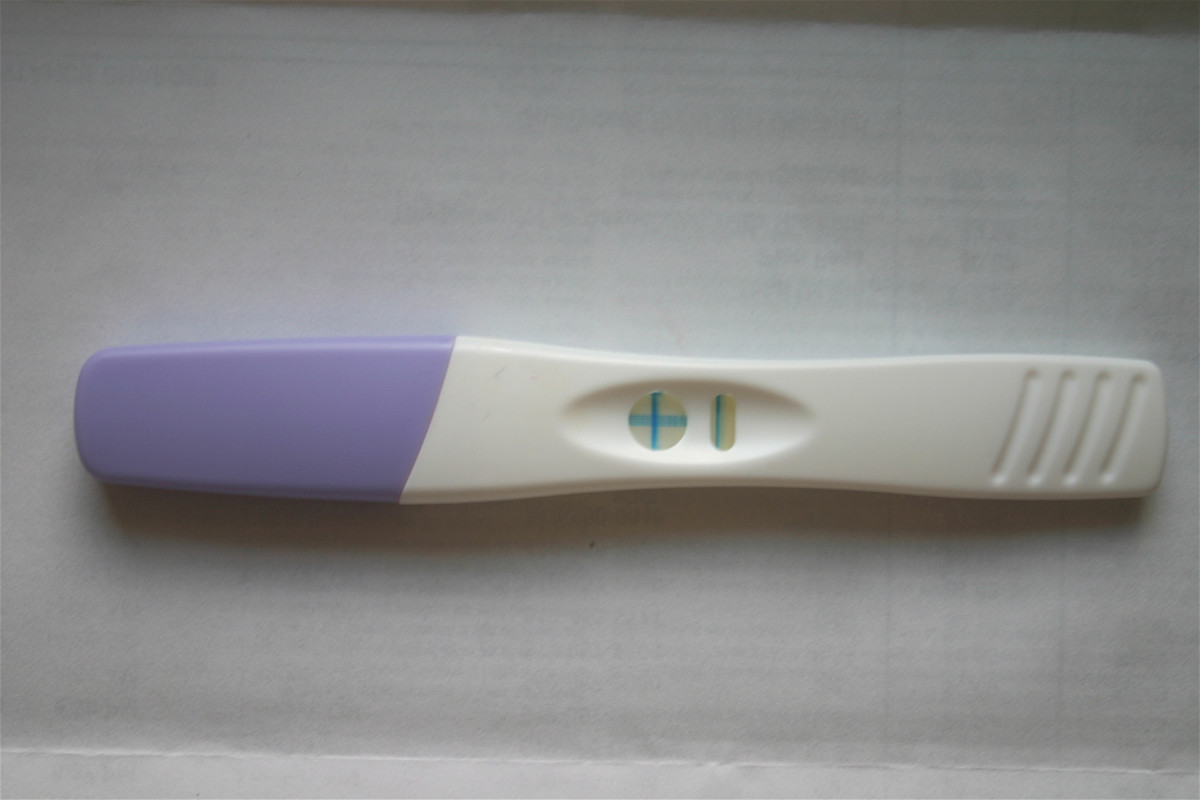What are Some of the Fertility Treatment Options in India?

Infertility treatments can come to the rescue of couples facing genetic challenges or sterility. These procedures have helped millions of people worldwide fulfill their dreams of parenthood, including those suffering from uterine fibroids, endometriosis, sperm disorders, tubal blockage, fallopian tube damage and unexplained infertility. In India, infertility treatments, including diagnostic procedures, surgeries and more, cost only a fraction of the amount charged in other countries. They offer a ray of hope to childless couples and could be a life-changing decision for many. If you are looking to undergo assisted reproduction, explore the options discussed below.
In-Vitro Fertilization (IVF)
This is one of the most potent artificial fertilization techniques. The female partner is injected with drugs containing luteinizing hormone and follicle stimulating hormone. These can produce the desired number of eggs to maximize the chances of conception.
Next, the eggs are removed through follicular aspiration and placed in a culture medium. The washed and concentrated sperms are left to fuse with the eggs in the petri dish. Once the eggs are fertilized and start to form into embryos, they are placed back into the uterus. Multiple eggs are introduced to the uterus to increase the chances of implantation. However, often a single egg is also used to reduce the risk of multiple pregnancies.
Intracytoplasmic Sperm Injection (ICSI)
ICSI fertility treatment is a part of the IVF process. During the in-vitro fertilization, the sperms are fused by two methods. The first is the traditional one, where no further assistance is required. However, in case of sperm abnormalities, hard zona pellucida or blockage in the male reproductive tract, a single sperm is directly injected into the cytoplasm. Once fertilization occurs, the embryo is transferred to the womb after 1-5 days. On an average, 8 out of 10 eggs are likely to get fertilized.
Intrauterine Insemination (IUI)
IUI is a less invasive treatment, which is affordable, with no distinct side effects. Fertility medicines are prescribed, which help the eggs to mature well. Hormones are also injected to trigger the ovulation process. Through this, doctors can figure out the right time for IUI.
Sperm samples are collected from the partner or donor. These go through rigorous washing to produce the healthiest sperms. The cells that have the right weight, motility, structure and tail length, and are free of germs and chemicals have better potency. During intrauterine insemination, a thin tube in inserted into the uterus through the cervix. A syringe containing the sperm is then deposited at the best area of the uterus, the uterine wall to be precise. The eggs are most likely to get implanted when all the conditions are suitable.
Intracytoplasmic Morphologically Selected Sperm Injection (IMSI)
This is a laboratory technique and a part of IVF. Scientists use a powerful microscope to magnify the visuals by 6,000 times. This helps to pick the best sperm, which has the highest potential for impregnation. This process is used when 90% of the sperms are abnormal, signs of significant levels of DNA fragmentation appear and for patients with prior cases of miscarriage.
Infertility can be complicated. Therefore, be it ICSI fertility treatment or IUI, choose the best hospital by reading testimonials and checking the ART facilities. This can ensure accurate diagnosis and medication to help you become parents soon.








